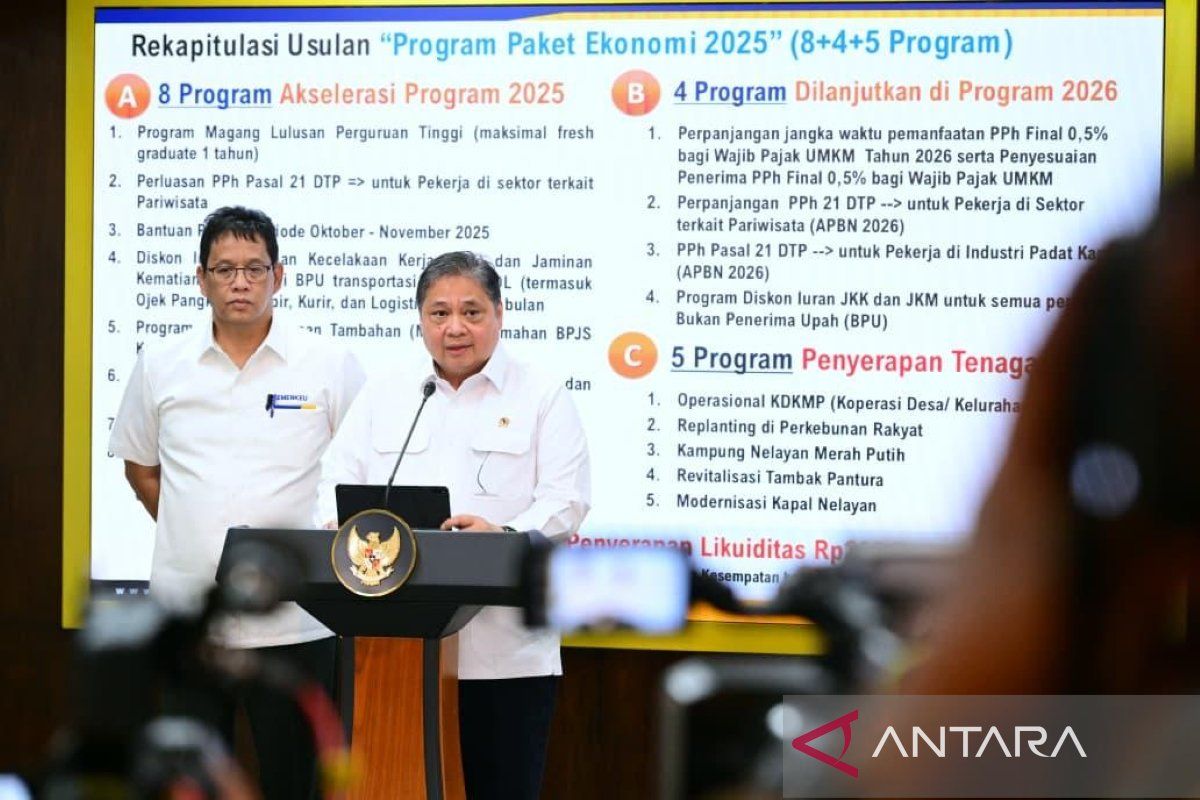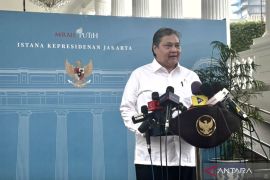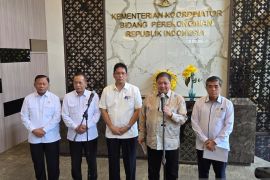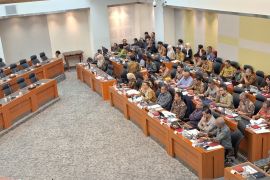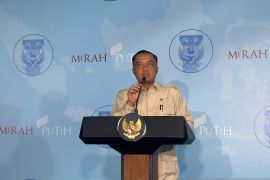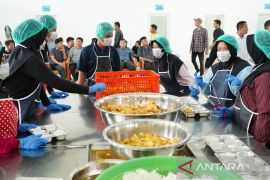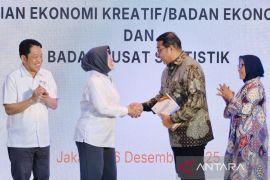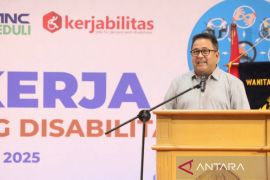At the Presidential Palace in Jakarta on September 15, Coordinating Minister for Economic Affairs Airlangga Hartarto outlined eight initiatives to be accelerated this year, four to continue into 2026, and five focused on workforce empowerment.
This policy package follows the Rp24.44 trillion (approximately US$1.5 billion) budget mobilized last May for similar stimulus measures, which included wage subsidies, public transport and toll road discounts, food aid, and a 50 percent rebate on work accident insurance contributions for labor-intensive sectors.
While the mid-year stimulus primarily aimed to boost purchasing power, the newly unveiled package emphasizes broader public welfare and community empowerment over direct aid.
Fast-tracking progress in 2025
Among the accelerated initiatives is an internship program for at least 20,000 college graduates within one year of completing their studies.
The government has allocated Rp198 billion (US$11 million) to provide monthly stipends equivalent to the provincial minimum wage of Rp3.3 million (US$195) for six months.
The second initiative expands Article 21 income tax exemptions beyond labor-intensive sectors, targeting 552,000 tourism and hospitality workers for the final quarter of the 2025 tax year, supported by Rp120 billion in funding.
Third, food assistance worth Rp7 trillion will be distributed as 10 kilograms of rice per household during October–November 2025, with a December evaluation to determine continuation.
The fourth program offers a 50 percent discount on work accident and death insurance contributions for 731,361 non-wage workers—including freelancers, motorcycle taxi drivers, couriers, truck drivers, and logistics workers—for six months.
BPJS Ketenagakerjaan (Employment Social Security Agency) has allocated Rp36 billion (US$2.1 million) for these subsidies.
Participants are entitled to accident compensation worth 56 times their wage, death compensation worth 48 times their wage, and scholarships of Rp174 million (US$10,000) for up to two children.
Fifth, the government has reduced housing loan interest rates for BPJS Ketenagakerjaan subscribers from five to three percentage points above Bank Indonesia’s benchmark.
For developers, the margin has been lowered from six to four points.
The Financial Services Authority (OJK) has also relaxed the SLIK (Sharia Loan) system. With a budget of Rp150 billion (US$8.8 million), these facilities are expected to support 1,000 housing units this year, aligning with President Prabowo’s goal of providing three million new homes to address Indonesia’s housing backlog.
The sixth initiative is a cash-for-work scheme in labor-intensive sectors, run by the Ministry of Transportation and the Ministry of Public Works, targeting 609,465 citizens between September and December 2025, with a combined budget of Rp5.3 trillion (US$320 million).
Seventh, the government will accelerate deregulation under Government Regulation (PP) No. 28 on risk-based business licensing by integrating related systems into the Online Single Submission (OSS) platform.
This effort will cover 50 regions in 2025 and expand to 300 regions in 2026.
Finally, the government will improve housing quality and expand space for micro, small, and medium enterprises (MSMEs) and gig economy workers, starting with pilot projects in Jakarta and other major cities.
Extending measures
The government will extend the 0.5 percent final income tax scheme for MSMEs with annual turnover up to Rp4.8 billion (US$290,000) until 2029.
Under this scheme, MSMEs pay 0.5 percent of gross revenue without calculating net income. For 2025, this applies to 542,000 registered taxpayers, with a Rp2 trillion budget allocation.
The Article 21 income tax exemption for tourism and hospitality workers will also continue into 2026, covering those earning less than Rp10 million per month, backed by Rp480 billion (US$29 million).
Starting in 2026, the exemption will expand to 1.7 million workers in the footwear, textile, clothing, furniture, and leather industries, supported by Rp800 billion.
Additionally, Rp753 billion has been allocated to continue subsidizing work accident and death insurance contributions, expanding coverage to farmers, traders, fishermen, construction workers, and domestic workers.
Empowering people
Minister Hartarto emphasized that job creation is the core of the new policy package. The government aims to establish 80,000 cooperatives under the Red and White Cooperatives program to absorb 681,000 workers nationwide.
These cooperatives will provide affordable goods and services in villages while reducing rural unemployment.
In the fisheries sector, revitalizing 20,000 hectares of fish ponds along Java’s northern coast is expected to empower 168,000 workers.
Additionally, around 1,000 fishing boats with gross tonnage between 30 and 2,000 will be modernized, creating 200,000 jobs and supporting cooperatives.
The Red and White Fishing Villages program is projected to add 8,645 jobs across 100 locations, with a broader goal of 4,000 villages absorbing 200,000 workers. These villages will host cold storage facilities, ice factories, supply stores, and fuel stations for fishing boats.
In the plantation sector, the government plans to employ over 1.6 million workers to replant 870,000 hectares of sugarcane, cocoa, coconut, coffee, cashew, and nutmeg farms.
Together, these people-centered initiatives reflect the government’s strong commitment to job creation, improved welfare, and sustainable national economic growth.
Editor: Aditya Eko Sigit Wicaksono
Copyright © ANTARA 2025
